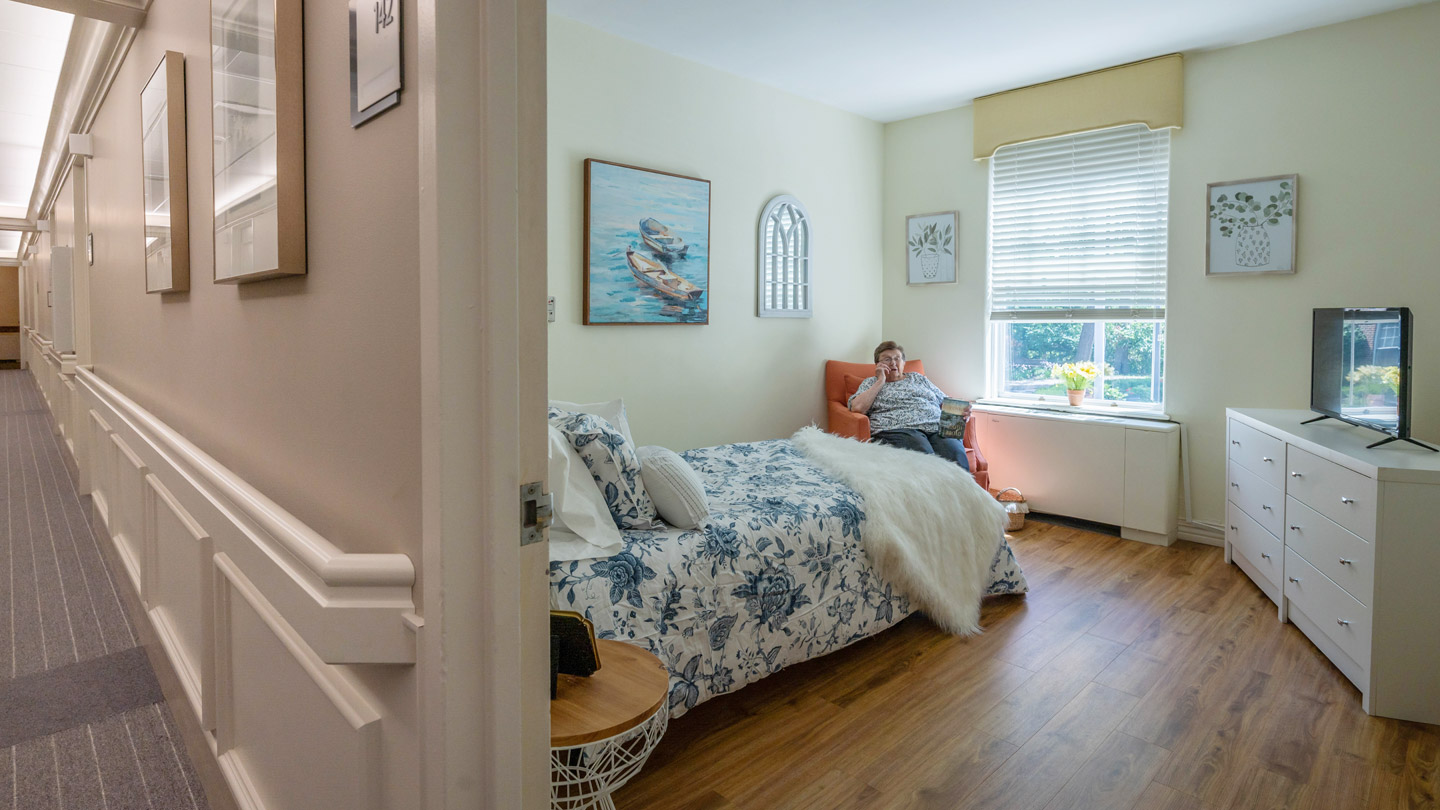Charlotte Memory Care: Safe and Secure Environment for Seniors
Producing a Safe and Supportive Setting: In-Home Memory Treatment Essentials
Developing a safe and secure and caring environment for people needing in-home memory treatment is critical to their well-being and top quality of life. From making sure security within the space to using effective interaction methods and implementing memory-friendly layout aspects, there are important parts that add to a holistic treatment approach. By concentrating on creating an encouraging community that provides to the distinct demands of those with memory disabilities, caretakers can considerably boost the everyday experiences of their enjoyed ones.

Safe Living Environment
Producing a hazard-free and secure living environment is critical when giving in-home memory care for individuals with cognitive disabilities. Making sure the safety and security of the individual with memory loss is essential to avoid mishaps and advertise a feeling of health.
Additionally, using innovation such as movement sensors and alarms can signal caregivers if the private wanders or is in distress. By prioritizing security measures and getting rid of possible risks, caregivers can offer a encouraging and protected atmosphere for individuals with cognitive problems getting at home memory care.
Reliable Communication Strategies
Implementing customized communication strategies is essential in cultivating meaningful communications with individuals with cognitive disabilities in the context of in-home memory treatment. Reliable communication plays a critical function in developing a supportive setting that enhances the wellness and top quality of life for individuals with memory problems. When connecting with someone experiencing cognitive decrease, it is essential to use straightforward and clear language, preserve a tranquility and positive tone, and offer aesthetic signs to aid comprehension.
One secret approach is to practice active listening, showing compassion, patience, and regard throughout conversations. Non-verbal cues such as facial expressions and body movement can also assist share understanding and assistance. In addition, utilizing memory therapy by utilizing or talking about past experiences songs and art can use lasting memories, stimulating and sparking connections engagement.
Furthermore, integrating routine regimens and constant interaction patterns can supply a feeling of experience and safety for people with memory disabilities. By carrying out these interaction methods, caretakers can develop significant connections and advertise a feeling of convenience and count on the at home memory care setting.
Memory-Friendly Design
Given the significance of creating an encouraging setting for individuals with memory issues through reliable interaction methods, the consolidation of memory-friendly design components in the living room ends up being critical in maximizing their everyday experiences and overall health. Memory-friendly style focuses on enhancing safety and security, comfort, and independence for people with cognitive disabilities. Easy alterations can make a substantial difference, such as using contrasting shades to improve presence and minimize confusion, including clear signs to aid navigating, and lessening clutter to avoid sensory overload.
Incorporating familiar aspects from the person's past, such as individual images or favorite items, can stimulate favorable memories and develop a feeling of knowledge. By incorporating these memory-friendly design elements, caregivers can offer a risk-free and helpful living area that makes it possible for people with memory concerns to keep their freedom and top quality of life. Charlotte Memory Care.
Daily Regimen Preparation
When creating an everyday routine for people with memory problems, careful preparation is vital to support their cognitive feature and general well-being. Developing a structured timetable can assist reduce anxiousness, confusion, and disorientation usually experienced by those with memory disabilities.
Flexibility is essential, as some days may need changes try this out based on the person's state of mind and power levels. Frequently examining and adjusting the day-to-day timetable will certainly aid guarantee its performance in advertising a favorable and comforting environment for people with memory this website challenges.
Assistance System Implementation
Developing a durable network of encouraging people plays a crucial duty in boosting the quality of treatment and health for people needing memory support. Family members, pals, health care experts, and area sources can all add to producing a strong support system. Interaction amongst these individuals is vital to guarantee that the needs of the individual with memory obstacles are fulfilled successfully.
Family participants are commonly the primary caretakers and develop the backbone of the assistance system. They provide day-to-day care, psychological support, and friendship. It is vital for family participants to seek aid and break when required to avoid fatigue and make sure the best feasible look after their liked one.
Along with family members support, including healthcare specialists such as doctors, specialists, and registered nurses can offer specific treatment and guidance. These experts can use beneficial insights, medical recommendations, and aid in managing the individual's condition.

Conclusion
To conclude, producing a risk-free and encouraging setting for people with memory treatment needs is important for their wellness. By establishing a risk-free living atmosphere, utilizing efficient communication techniques, integrating memory-friendly style aspects, preparing everyday routines, and executing a strong support group, caregivers can aid boost the top quality of life for those with amnesia. These crucial parts function together to produce a nurturing and empowering environment that advertises freedom and improves general lifestyle.
Creating a secure and hazard-free living setting is extremely important when supplying in-home memory care for people with cognitive disabilities. By focusing on safety procedures and getting rid of prospective dangers, caregivers can provide a secure and encouraging setting for people with cognitive impairments obtaining at home memory care.
Developing a robust network of encouraging people plays a critical duty in improving the quality of treatment and wellness for people needing memory assistance - Charlotte Memory Care. Interaction among these people is important to make certain Full Article that the requirements of the individual with memory difficulties are met properly
